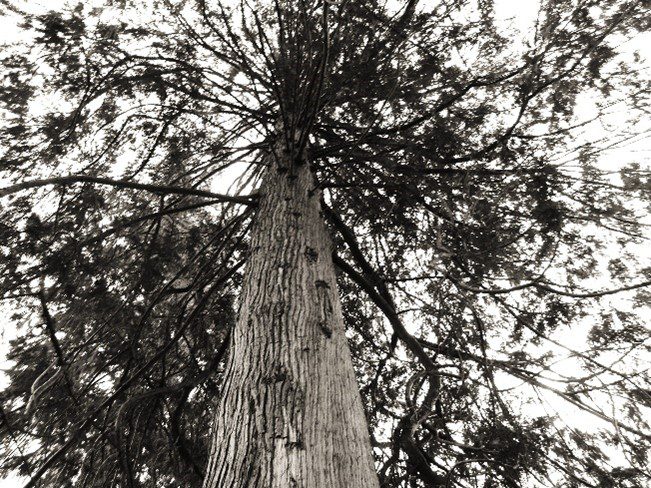
by Todd Burley
Shel Silverstein’s classic book The Giving Tree shows the enduring lesson of selfless love, as embodied by a tree. Trees provide so much – for humans, for other animals, for ecosystem health, and for the world overall. They provide clean air, clean water, habitat, food, shelter, shade, stability, and more.
Seattle Parks and Recreation manages an estimated 500,000 trees. Our trained arborists, grounds crew staff, and gardeners work daily to support their health. Yet these trees, much like the one in The Giving Tree, give back so much more to our community.
Extreme heat is an increasing concern, even in Seattle, as the impacts from climate change become apparent. In 2022, one heat wave had six days in a row above 86 degrees Fahrenheit. Trees provide shade during this extreme weather, cooling areas by 20 to 45 degrees. This supports human health, reduces energy use, and reduces impacts on our built infrastructure. While trees cost money to maintain, studies have found that the accrued benefits range from $1.50 to $3.00 per tree.
In Seattle it rains a lot, and our trees love it, growing to amazing heights. However, climate change has brought intense winter rain events into our region, causing flooding and other problems. Trees are a key part of the solution, holding our soil in place so it can release water slowly. Trees also filter this water, adding to a clean watershed that benefit all.
Trees are the ultimate recyclers! Leaves and branches that fall to the ground act as a natural mulch that retains water and builds soil, ultimately benefiting the trees themselves. This natural gift reduces the need for external amendments to the soil and ensures these natural assets have a long healthy life.
We also know that just being around trees can improve our health, improve academic performance, reduce stress, and increase happiness. Trees provide more than beautiful scenery – they are a critical part of a healthy community and population.
Considering how much trees provide for us, it is important to remember that their health in an urban setting is our responsibility. SPR staff take this role seriously, as exemplified in our recently adopted Tree Management Policy. Our goal is to do what we can through our management to ensure that these “Giving Trees” in our care live a long life and continue to provide these benefits in our community.

